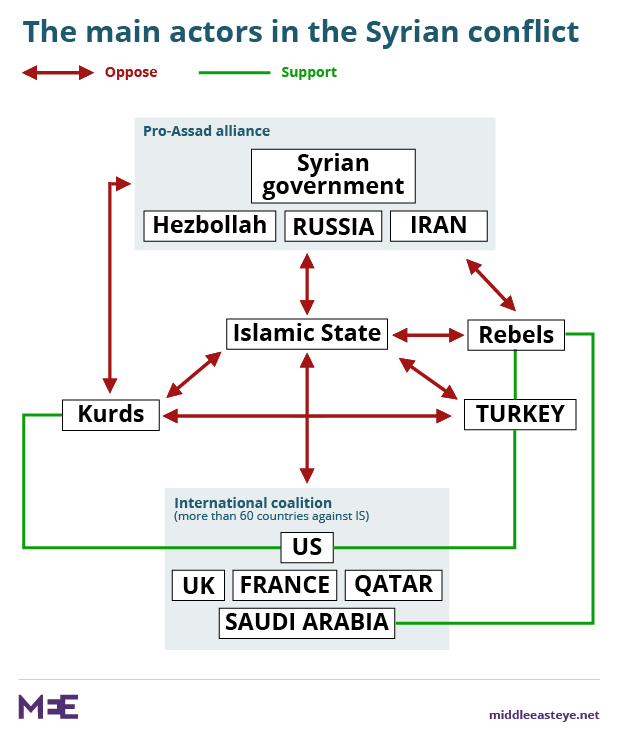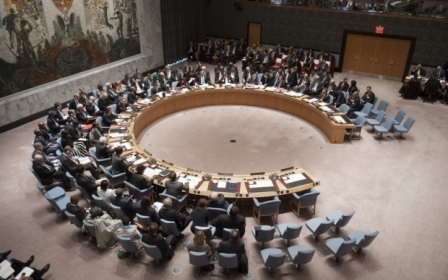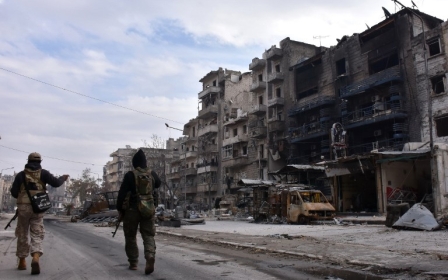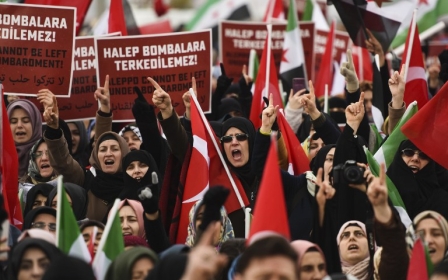Syrian ceasefire holds amid clashes and anti-government protests
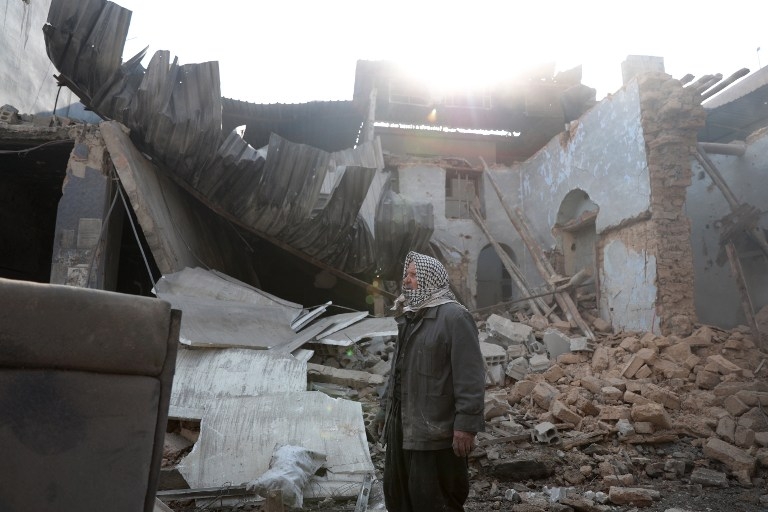
A nationwide ceasefire continues to hold in Syria amid reports of sporadic clashes and anti-government protests across the country.
According to the UK-based Syrian Observatory for Human Rights (SOHR) some fighting took place early on Friday between Syrian government troops and opposition rebels in the west-central province of Hama.
Fighting was also reported to have taken place near Damascus as Syrian government warplanes bombarded the rebel-held Wadi Barada valley near the capital.
Al-Jazeera reported that five people were killed during the first 24 hours after the ceasefire came into play at midnight.
Past UN-backed resolutions that have attempted to create a ceasefire have failed as both parties broke the terms of any truces agreed.
The current ceasefire negotiated by Russia and Turkey has held so far.
Activists and Syrians in rebel-held areas have used the lull created by the ceasefire to hold anti-government protests against Syrian President Bashar al-Assad.
Media activists and former east Aleppo resident Lina al-Shamy posted a video showing dozens of Syrians holding revolutionary flags and demonstrating against the government.
In a video posted on Twitter from rebel-held Idlib, Shamy said: "Civilians today are protesting in Idlib to emphasize the principles of the revolution and for the departure of Bashar al-Assad."
A coalition of activists, NGOs and local community groups from Wadi Barada released a statement on Friday voicing their concerns against the Syrian government and "its allied militias of Hezbollah" who they claim are breaking the ceasfire.
Despite feeling "optimistic" about the ceasefire agreement, the signatories of the statement feared that the military campaign waged by pro-Assad forces threatened the "100,000 civilians trapped in the Wadi Barada region".
Activists who wished to remain anonymous told Middle East Eye that they remained hopeful that the ceasefire would hold and lead to lasting peace talks - but feared it will not mean the removal of al-Assad.
The latest ceasefire was announced on Thursday by Moscow, which said it had been accepted by seven of Syria's major rebel groups.
Putin made personal assurances that both Russia and Turkey will ensure the ceasefire holds.
None of the rebel groups immediately confirmed signing the ceasefire, with a spokesman from one rebel group denying they had signed any agreement.
The ceasefire, like previous agreements, excludes former al-Qaeda affiliate Jabhat Fateh al-Sham and the Islamic State (IS) group.
Turkey on Saturday said it had "neutralised" 23 IS militants.
Turkish armed forces told Turkey's state run Anadolu agency that its jets had targeted and destroyed 12 targets as part of its Euphrates Shield campaign which killed 12 militants.
The other 11 militants were killed by Turkish-backed rebels and soldiers in northern Syria near the Turkish border.
New MEE newsletter: Jerusalem Dispatch
Sign up to get the latest insights and analysis on Israel-Palestine, alongside Turkey Unpacked and other MEE newsletters
Middle East Eye delivers independent and unrivalled coverage and analysis of the Middle East, North Africa and beyond. To learn more about republishing this content and the associated fees, please fill out this form. More about MEE can be found here.


